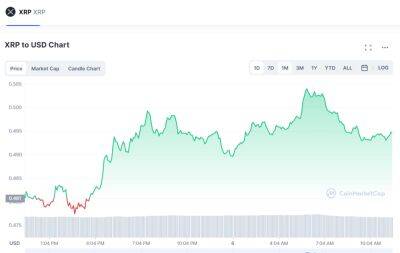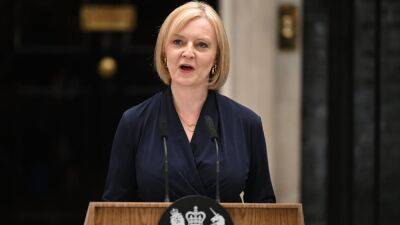How Tide’s determined rise cost UK taxpayers millions
The first Covid lockdown proved a mixed blessing for the banking platform Tide. The government’s first stay-at-home orders, in March 2020, sparked fear throughout the City, and fintech firms such as three-year-old Tide were no exception. The pausing of an entire economy threatened to decimate demand for its services.
But opportunities started to unfold when then-chancellor Rishi Sunak revealed plans for a 100% taxpayer-backed loan scheme that would keep traders afloat. It gave burgeoning lenders a chance to not only support struggling business customers, but potentially attract new clients by distributing state-backed funds.
Tide seized the moment. It applied to join better-known banks on the scheme, even asking its customers to lobby MPs on its behalf. Within weeks, it had been authorised to issue loans,and by the end of 2020, Tide’s customer base had nearly doubled, though it disputes the extent to which this was due to new customers hoping to secure bounce back loans. The company’s “rapid and sustained growth” was later hailed by its backers, who invested another $100m (£84m) last year.
But government figures, first released last month and updated this week, have cast a shadow over that success, showing that 33% of Tide’s bounce back loans have gone unpaid. That is one of the worst track records of all the lenders involved, surpassed only by Capital on Tap, which loaned two-thirds less than its rival.
Tide, which was last valued at $650m, says that percentage reflects the fact that it opened its doors to younger, and therefore riskier, business customers as its membership expanded. But this growth came at a price, resulting in defaults that cost the taxpayer at least £20m – a figure that could have been higher had Tide
Read more on theguardian.com









![Bitcoin [BTC] is finally seeing green, but what role did the whales play - ambcrypto.com - city Santiment](https://finance-news.co/storage/thumbs_400/img/2022/10/6/43879_jhn.jpg)









